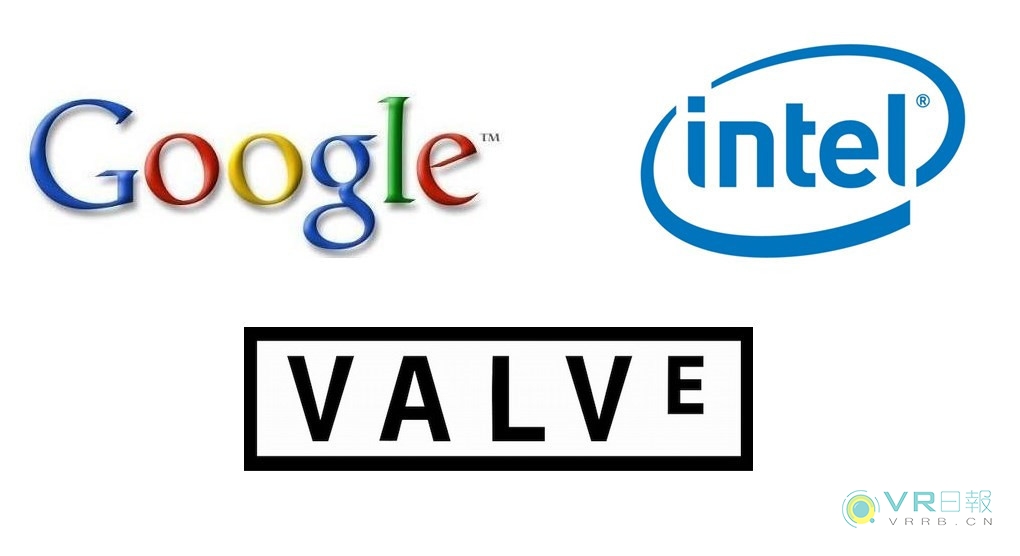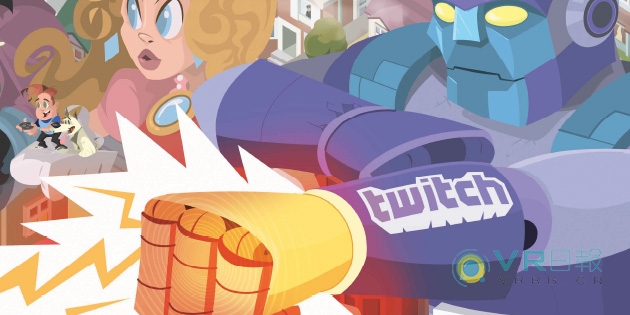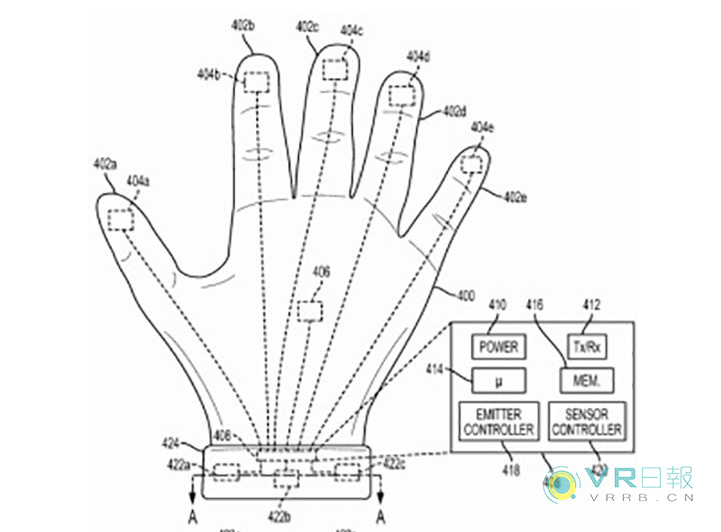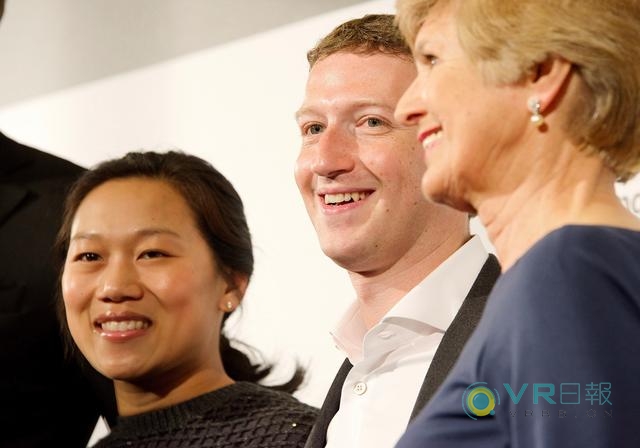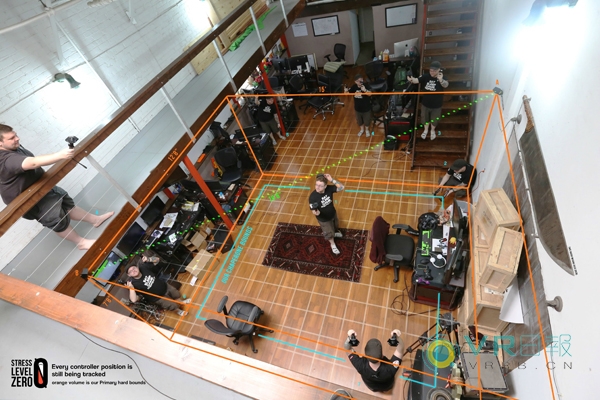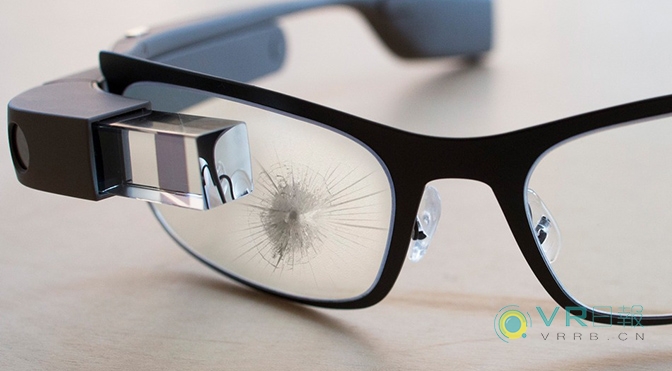At the closing ceremony of the Rio Olympic Games that ended the previous few days, Tokyo should have left a deep impression on the global audience for eight minutes. In the past eight minutes, many Japanese cartoon characters such as Pikachu and Doraemon appeared. In addition to these familiar cartoon characters, AR technology appeared in these eight minutes. In this Olympic Games, the two black technologies of VR and AR took turns to appear. Of course, there are many games in VR that are broadcasted through VR, giving viewers new viewing modes. I don't know if it will be possible to achieve VR live games for each game in the Tokyo Olympics four years later. The topic is somewhat distant, but the outlook for VR is still full of confidence. OK, still come back to our latest list of VR Weekly Red and Black charts. Red List Top 1. Which of Google, Intel, and Valve is stronger in the eco-real world? Any industry, in the early stages of its development, has seized the opportunity to dominate the industry and will almost always occupy a dominant position in this industry. The virtual reality industry has not completely broken out, but the giants' desire to seize the opportunities and have the absolute right to speak louder in the future of the industry's development has come one after another. Unlike other companies that have joined the virtual reality industry, Google, Intel, and Valve are not confined to becoming industry players. They are trying to become industry standards makers and technology providers at the top of the ecological chain. . To put it simply, just like Intel on PC and Google on Android, all three want to be the bosses in the field of virtual reality. So who is stronger or weaker, who can laugh at the end? From a technical perspective, Google focuses on the mobile VR ecosystem, Vavle is positioned to emphasize the PC-side ecological chain of heavy VR experience, Intel from its Alloy program, the main should be the one machine ecological chain. In other words, each company has its own technical strengths and different goals, and there will be no fierce conflicts in the short term. Top 2. Twitch acquires Curse, the next step in VR Live is vr game development? Twitch has been trying to expand his business. In the Twitch platform you can find paintings hosted by Bob Ross and you can also see Mrs. Childe's French chef. However, after Twitch split up from Justin.tv in 2011, its main core was tied to the game business. However, with the gradual maturity of Facebook and Twitter live broadcast services, Twitch also faces obstacles in the traditional field of live game broadcasting. In order to break the stalemate, they announced VReal, the VR live broadcast platform, in May of this year, trying to go further in the field of live games. Considering that not everyone has purchased VR devices, VReal can also support traditional viewing modes. Twitch's move is more than that. They recently announced in an official blog that they will acquire Curse, a world-renowned gaming platform. But it is interesting that Curse has just recently opened the VR section for game developers. This can not help but speculate, Twitch is also involved in the development of vr games? In general, the acquisition of the Curse game platform may not directly increase Twitch's R&D efforts, but he can help Twitch to quickly establish a VR game ecology to a certain extent, and lay a solid foundation for subsequent game development. After all, the vr game that emerged from improving the community will become even more full. Top 3. Sony Raises Power for PSVR Technology, Applying for Power Glove Hand Movement Patents Sony is currently busy applying for VR-related patents. According to the VR Daily, its latest patents are related to “magnetic tracking systems for tracking fingertips and joints...capture of hand/finger gesturesâ€, and Sony previously applied for a similar technology patent. Sony's description of the above patent is that this is a glove interface with multiple transmitters and sensors. This sensor (404a-e) is located at the fingertip of the glove for "generating data indicative of distance/proximity" and sends data to the transmitter (422a-c) located on the wrist. This application describes the wrist section as "a wristband that wraps around the user's wrist when wearing gloves." On October 13th, PSVR will also be shipped, and it is not known whether there is any improvement in the interaction of this controller. For gamers, how to give them more fun and better VR is the most important. Gesture recognition technology giants in particular value, such as Apple, Google, Microsoft, etc. are actively developing this technology. In the VR experience, it is visually possible to achieve immersive reality, but in the context of hand interaction, it is still not possible to be comfortable in the virtual environment. At present, whoever masters better technologies in the interaction of actions will be better able to get consumers' favor. In the somatosensory controller, Sony should have a quick move, perhaps the glove controller is the killer of Sony Dafa. Black list Top 1. Zuckerberg regrets why the $2 billion acquisition of Oculus was a big disappointment? A few days ago, Zuckerberg talked about some "crazy" things Facebook was doing too. The founder and executive director of the social networking giant recently stated that Facebook may prefer to build its own virtual reality solution instead of spending $2 billion to acquire Oculus VR. This statement will inevitably let the outside world over-interpretation, Zuckerberg has always been high-confidence and confidence for the acquisition of the year is not dubious. When Zuckerberg has been interviewed for a long time, he will promote the oculus rift, and he once told the media that he did not know how much VR was released. In just a few months, Zuckerberg revisited the news and gave up a bit of regret for the acquisition of Oculus VR. It was a big surprise to speculate. What is the reason? Of course, we are not Zuckerberg. He said such remarks must be based on his own evaluation of Oculus VR. However, VR Daily still came up with reasons to explain this statement. Although Zuckerberg's disappointment with Oculus VR was surprising, after all, it was invested so much money that the current development situation did not achieve a good result. Regardless of how Oculus VR is his "brother's own child," Tucao's overkill is also a concern. Perhaps Zuckerberg's current alarm for Oculus VR is a good thing. He is wary of eliminating mishaps, but it can prompt them to face their own deficiencies. After the reflection, follow-up actions can have greater breakthroughs and development. Top 2. Vive's room tracking, why is it a pseudo-need in Oculus? Daniel O'Brien, general manager of the HTC Virtual Reality Division, pointed out when Vive released that they will provide the best VR solutions. Compared to Oculus Rift, Vive's latecomers have more creative controllers and a brand new Lighthouse room tracking system, which has caused many consumers who have begun to engage in virtual reality to switch to the camp. People began to question that Oculus's technical strength is not sufficient to develop equipment to counter it, especially in room tracking technology. However, Oculus is still fulfilling his promise. The development version of the Touch ring handle has been pushed to developers and will appear as a Vive controller at the end of the year. In the face of room tracking issues, Oculus is obviously also a bit impatient. Jason Rubin, Director of the Content Department of Oculus, stated in an interview with Cologne's game show: "We don't think this (room tracking) is necessary for virtual reality, and Oculus is not incapable of restoring this technology." In fact, Lighthouse is only questioned because of its audience. Once the use of VR devices to expand the theme park level, this technology is very necessary. WorldViz has provided a better solution, their technology can expand the "room size" to "warehouse size." Perhaps in the eyes of Oculus, Lighthouse is not without demand, but it is still unable to meet those needs. Top 3. Google Glass delisted for 19 months. What warnings does it leave for VR hardware? Google Glass, as a pioneering product of the new generation of smart glasses, has failed in testing market demand but also due to its many shortcomings. It has been 19 months since Google Glass was discontinued. Google seems unwilling to let it swallow the last breath. The failure of Google Glass's initial product is not without meaning. It has cleared the minefield for the development of smart glasses such as AR/VR. Microsoft may have been directly inspired. After the Windows 10 conference, Hololens quickly identified the commercial market positioning and carefully iterated the product. In addition, how to deal with the relationship between hardware and software, how to effectively draw the developer, has also become a compulsory course for all VR hardware developers. The success of a new product is always accompanied by countless failures. The transportation tool Segway has entered the consumer market with great momentum, but only sold 24,000 units in 4 years. VR hardware as a product that breaks the traditional, naturally It will be severely tested by the market. But in general, these failed experience will also allow new technologies to go further. 0.80mm Female Header Connector Shenzhen CGE Electronics Co.,Ltd , https://www.cgeconnector.com